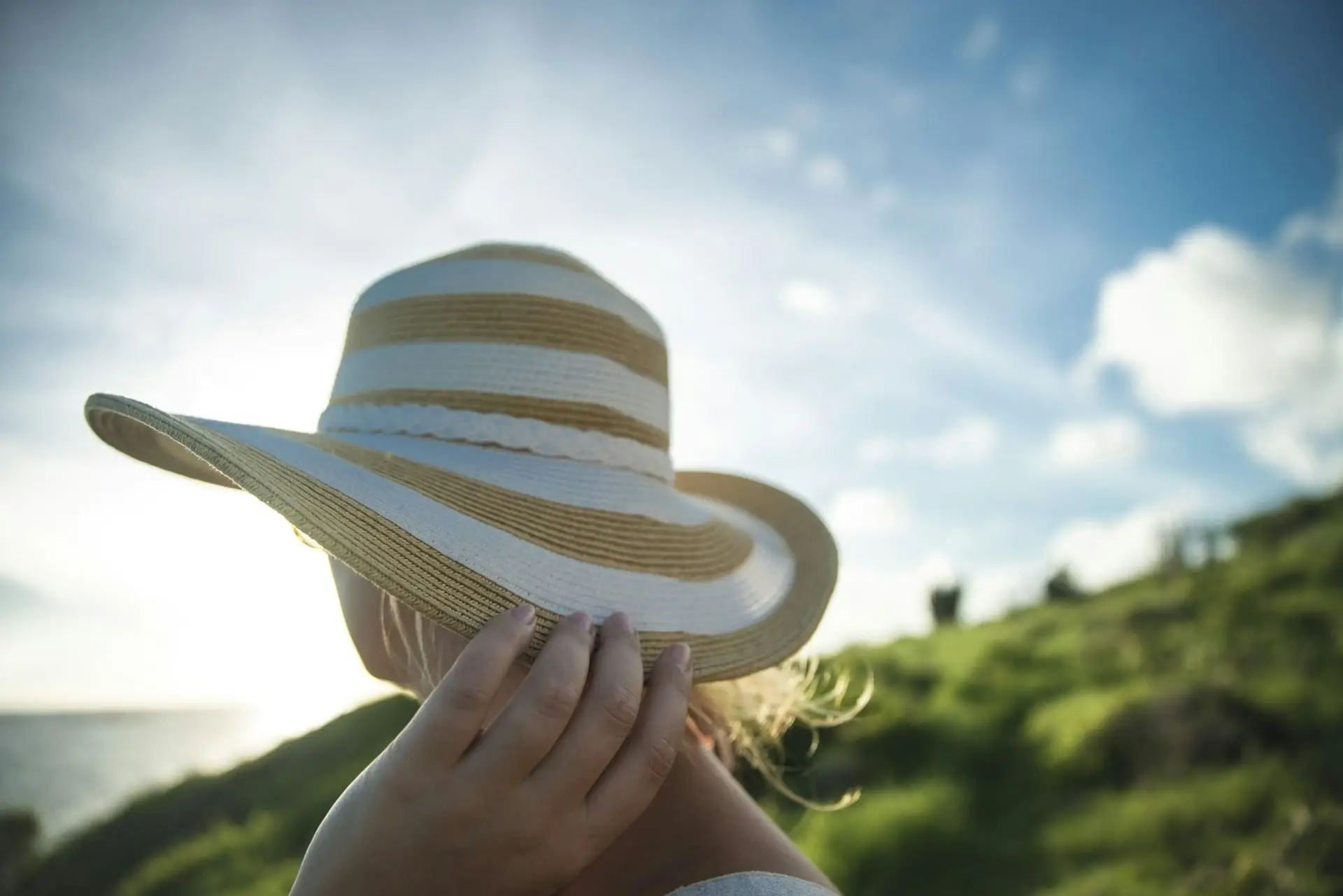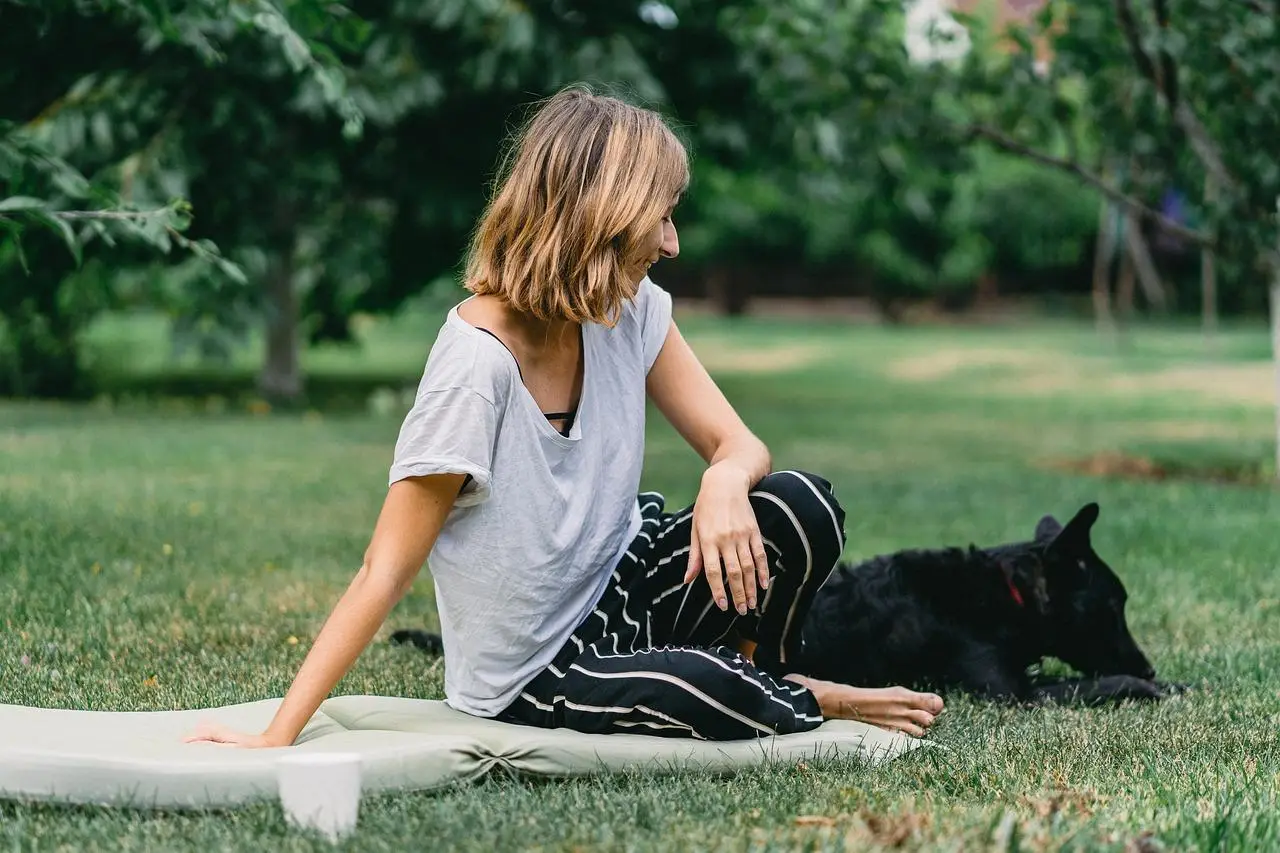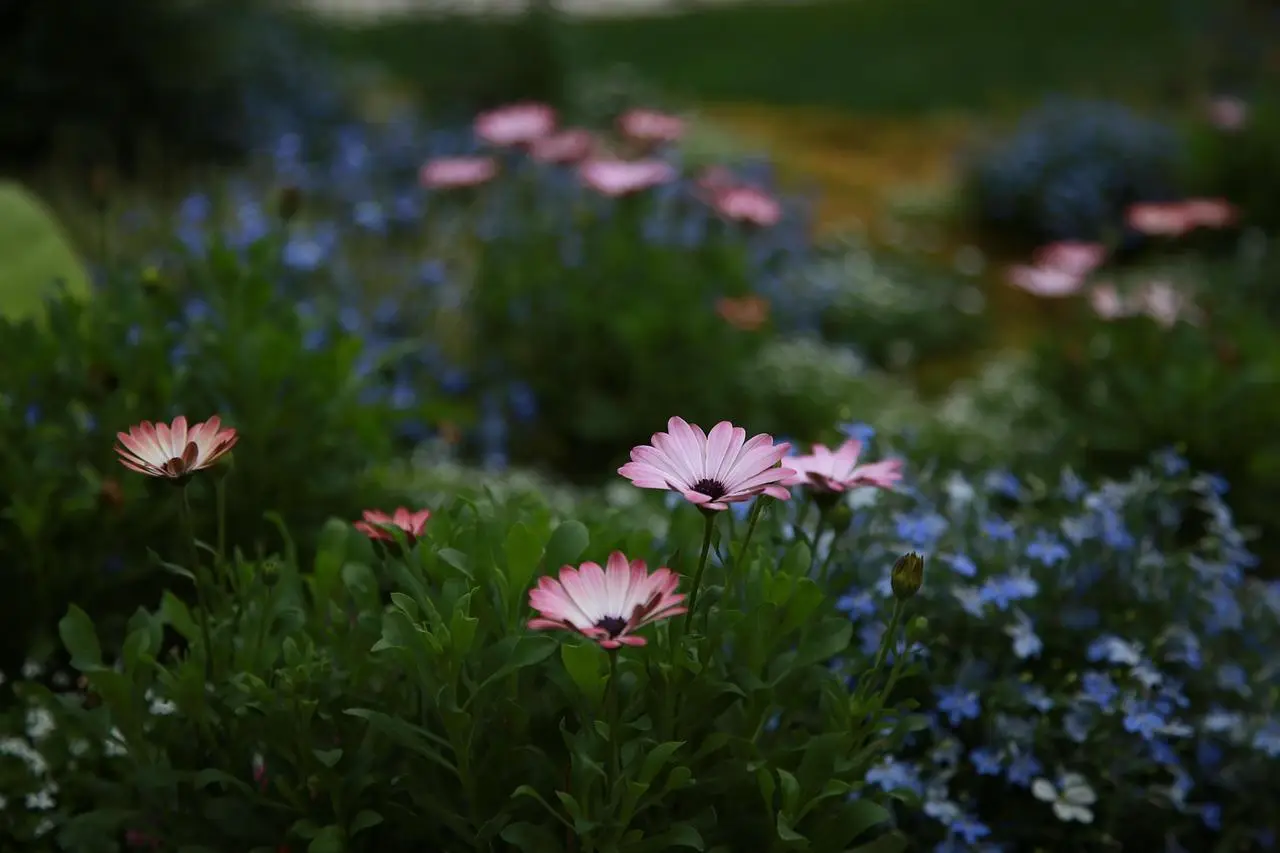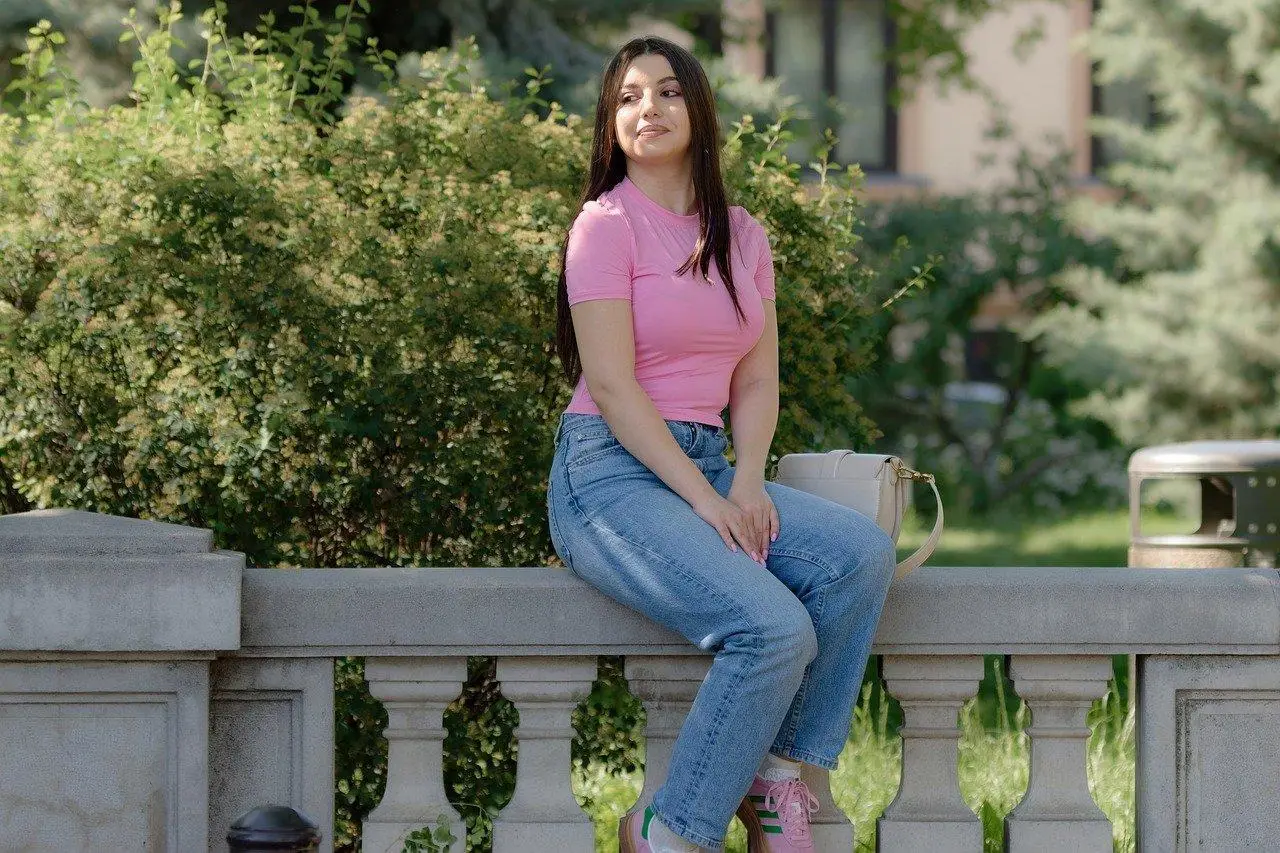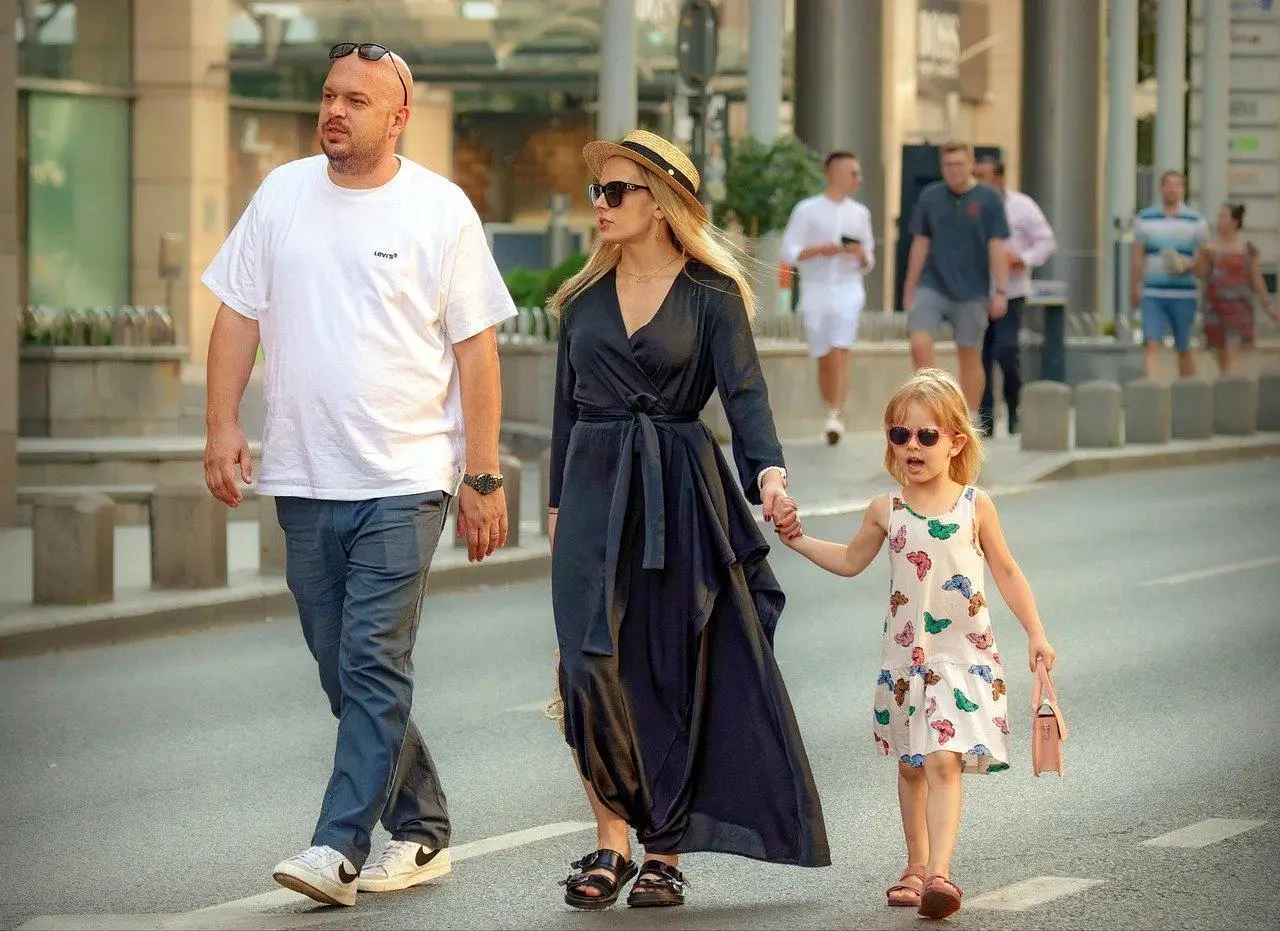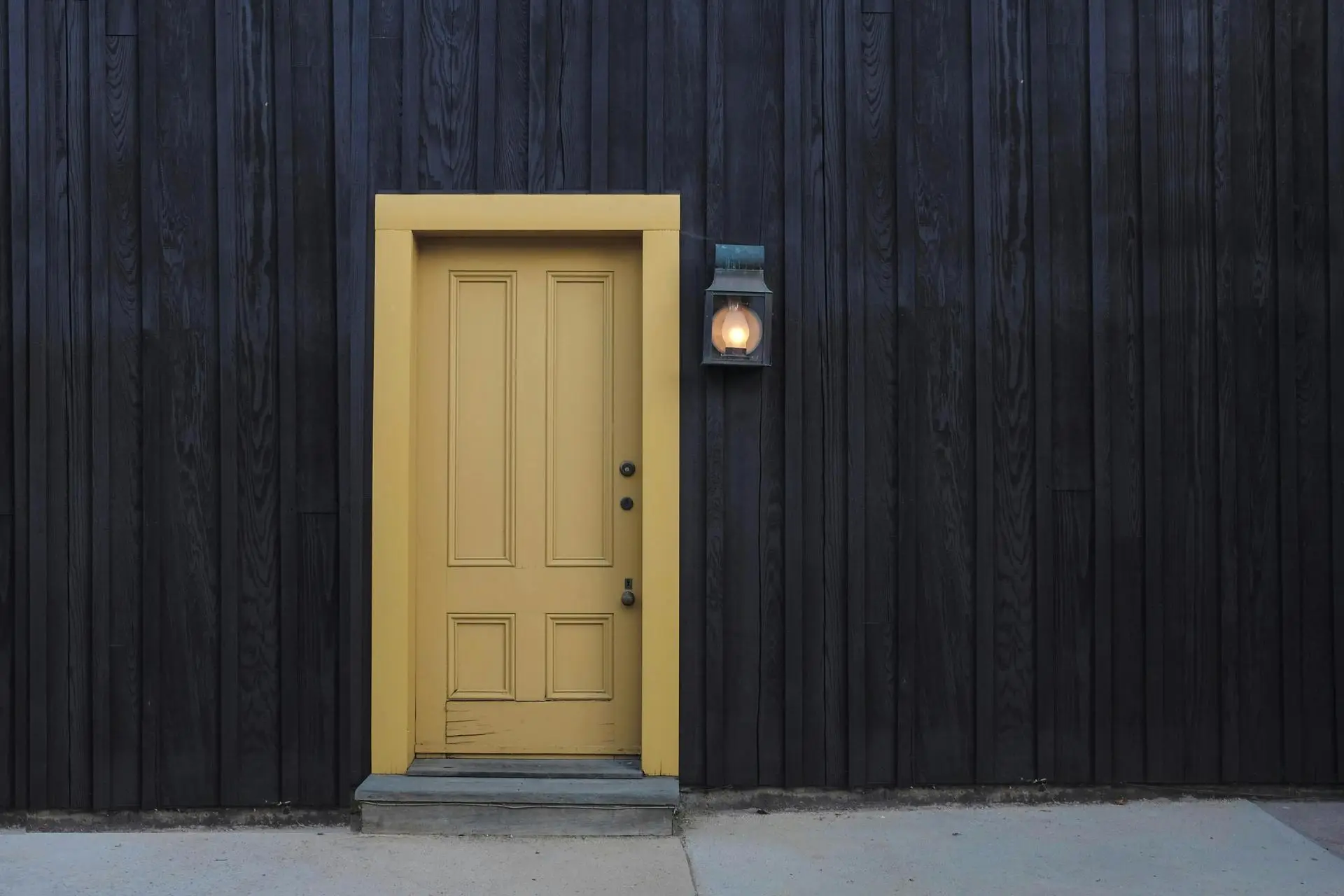How Spending Time in Nature Can Spark Creativity
In today’s fast-paced, technology-driven world, creativity often takes a backseat to routine and productivity. However, spending time in nature has been proven to rejuvenate the mind, inspire fresh ideas, and enhance creative thinking. This connection between the natural environment and creativity is not just anecdotal; it is supported by a growing body of scientific research. Whether it’s a walk in the woods, a visit to a park, or simply observing the beauty of the natural world, immersing oneself in nature can unlock new perspectives and fuel imaginative thought.
This article explores the profound ways in which nature influences creativity, the science behind this phenomenon, and how anyone can harness the power of the outdoors to boost their creative potential.
The Science Behind Nature and Creativity
Creativity is deeply tied to how the brain processes information, and spending time in nature has a unique impact on these cognitive functions. Studies have shown that natural environments reduce mental fatigue, enhance focus, and stimulate divergent thinking—the ability to generate multiple ideas and solutions.
Key scientific findings include:
- Restorative effects of nature: The Attention Restoration Theory (ART) suggests that natural settings allow the brain to recover from the overstimulation of urban environments, leading to improved problem-solving and creative thinking.
- Reduced stress levels: Nature lowers cortisol levels, which can free up mental resources for innovative thought.
- Enhanced brain connectivity: Spending time outdoors has been linked to increased activity in the default mode network (DMN), a brain region associated with imagination and introspection.
These findings highlight how nature acts as a catalyst for creativity by fostering a calm, focused, and open state of mind.
How Nature Encourages Divergent Thinking
Divergent thinking is a key component of creativity, involving the ability to explore multiple possibilities and think outside the box. Nature provides an ideal environment for fostering divergent thinking, as it stimulates curiosity and encourages exploration.
Ways in which nature promotes divergent thinking:
- Unstructured environments: Unlike urban settings, which are often rigid and predictable, natural landscapes are dynamic and ever-changing, inspiring new ideas.
- Sensory engagement: The sights, sounds, and smells of nature activate different parts of the brain, encouraging creative associations.
- Freedom from distractions: Being in nature reduces the constant interruptions of modern life, allowing the mind to wander and explore new possibilities.
By immersing oneself in nature, individuals can tap into a more expansive and imaginative mindset.
Nature as a Source of Inspiration
Throughout history, nature has been a muse for countless artists, writers, and innovators. The beauty, complexity, and unpredictability of the natural world offer endless sources of inspiration for creative endeavors.
Examples of nature-inspired creativity include:
- Art: Many famous works of art, from Monet’s water lilies to Van Gogh’s starry skies, are direct reflections of the artists’ experiences in nature.
- Literature: Writers like Henry David Thoreau and Mary Oliver have drawn profound insights and imagery from their interactions with the natural world.
- Design and innovation: Biomimicry, the practice of emulating nature’s designs, has led to groundbreaking innovations in technology, architecture, and engineering.
Nature’s ability to inspire creativity lies in its diversity, unpredictability, and capacity to evoke awe and wonder.
The Role of Mindfulness in Nature
Mindfulness, or the practice of being fully present in the moment, is naturally cultivated in outdoor settings. Engaging with nature mindfully can amplify its creative benefits by encouraging deeper observation and awareness.
How mindfulness in nature boosts creativity:
- Heightened observation skills: Paying close attention to details in nature sharpens the senses and encourages new ways of seeing the world.
- Reduced mental clutter: Mindfulness helps clear the mind of distractions, creating space for innovative ideas to emerge.
- Enhanced emotional connection: Immersing oneself in nature fosters a sense of awe and appreciation, which can inspire more meaningful and creative work.
Practicing mindfulness while spending time outdoors can lead to a richer, more rewarding creative experience.
Physical Activity in Nature and Its Impact on Creativity
Combining physical activity with time in nature can further enhance creative thinking. Activities like hiking, cycling, or even a leisurely walk in a park stimulate blood flow to the brain, improving cognitive function and fostering new ideas.
Benefits of physical activity in natural settings include:
- Enhanced mood: Exercise releases endorphins, which boost mood and create a positive mental state conducive to creativity.
- Improved focus: Physical activity helps clear the mind and improve attention, making it easier to think creatively.
- Problem-solving breakthroughs: Many people report having their best ideas while walking or engaging in other forms of movement.
The combination of physical activity and nature provides a powerful boost to both mental and creative processes.
Overcoming Creative Blocks with Nature
Creative blocks are a common challenge for artists, writers, and professionals in any field. Spending time in nature is an effective way to break through these blocks by resetting the mind and sparking new perspectives.
How nature helps overcome creative blocks:
- Shifting focus: Stepping away from a problem and immersing oneself in nature allows the subconscious mind to work on solutions in the background.
- Inspiring new ideas: The diversity and unpredictability of natural environments can trigger fresh insights and associations.
- Rekindling motivation: The calming and rejuvenating effects of nature can reignite passion and enthusiasm for creative projects.
For anyone struggling with a creative block, a walk in the park or a hike in the woods can be a transformative experience.
Practical Ways to Incorporate Nature into Your Creative Routine
Incorporating nature into daily life doesn’t require a major lifestyle change. Simple, intentional practices can help you harness the creative benefits of the outdoors.
Suggestions for integrating nature into your routine:
- Take regular breaks outdoors: Step outside for a short walk or spend time in a garden to refresh your mind.
- Create a nature-inspired workspace: Add plants, natural light, or outdoor views to your workspace to bring elements of nature indoors.
- Schedule outdoor creative sessions: Dedicate time to brainstorming, sketching, or writing in a natural setting.
- Practice “forest bathing”: This Japanese practice, known as shinrin-yoku, involves immersing oneself in a forest environment to promote relaxation and creativity.
By making nature a regular part of your routine, you can unlock its full potential to inspire and enhance creativity.
The Long-Term Benefits of Nature for Creativity
The impact of spending time in nature extends beyond immediate bursts of inspiration. Regular exposure to natural environments fosters a more creative, resilient, and open-minded approach to life and work.
Long-term benefits include:
- Sustained mental clarity: Nature helps maintain focus and reduces mental fatigue over time.
- Enhanced problem-solving skills: Regular interactions with nature encourage flexible thinking and adaptability.
- Deeper connection to the world: Spending time outdoors fosters a sense of interconnectedness, which can inspire more meaningful and impactful creative work.
Incorporating nature into your lifestyle can lead to lasting improvements in both creativity and overall well-being.
A Natural Path to Creativity
The connection between nature and creativity is undeniable. Spending time outdoors not only reduces stress and enhances focus but also inspires fresh ideas and new ways of thinking. Whether through mindful observation, physical activity, or simply enjoying the beauty of the natural world, nature offers endless opportunities to spark creativity.
In a world that often prioritizes productivity over imagination, taking time to reconnect with nature can be a transformative practice. By embracing the creative power of the outdoors, individuals can unlock their full potential and find inspiration in the world around them.
This exploration of how spending time in nature can spark creativity underscores its importance in fostering a more innovative and fulfilling life. By making nature a priority, individuals can tap into a boundless source of inspiration and imagination.

